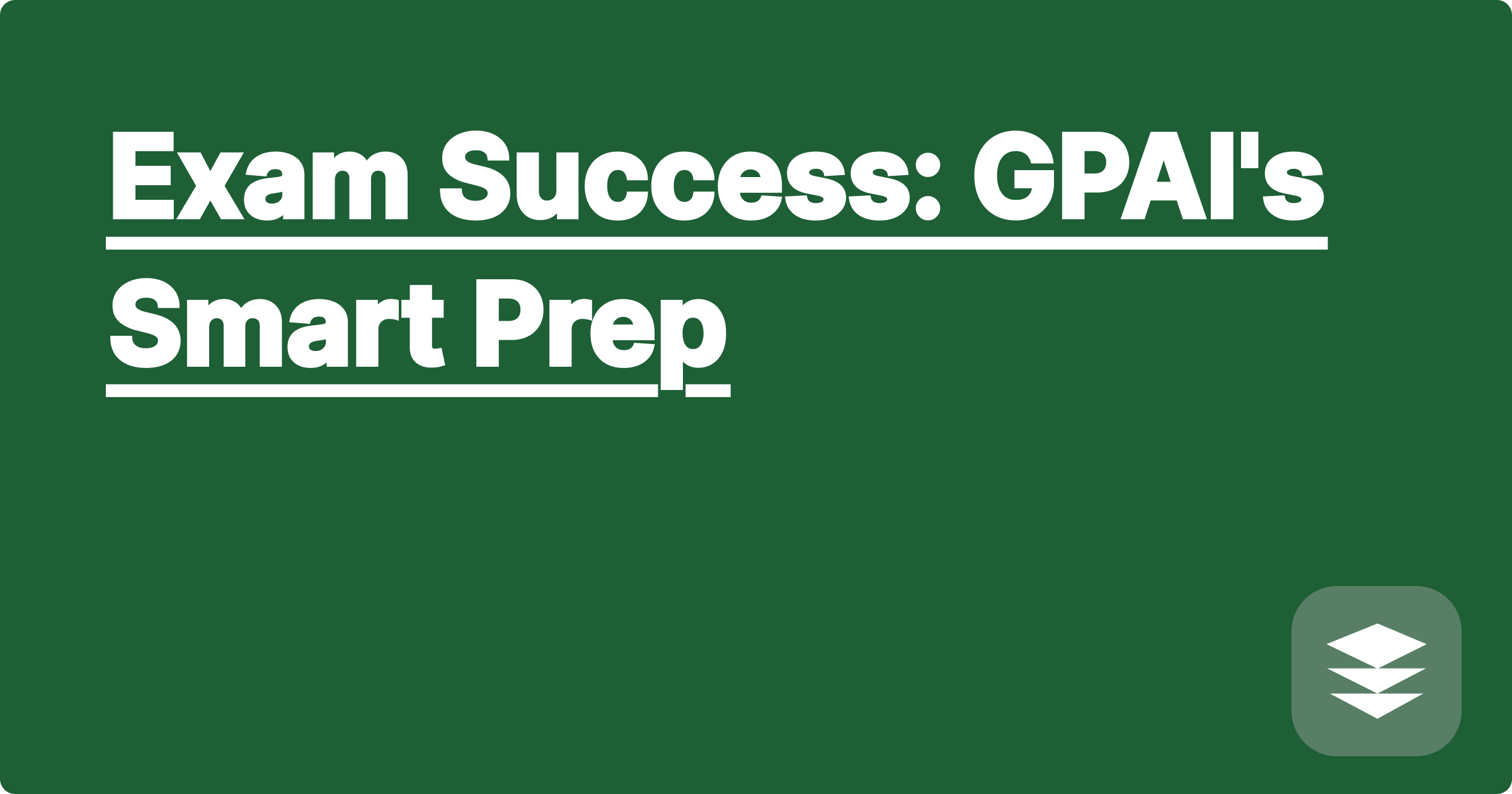
The demanding nature of STEM fields often presents a significant challenge for students and researchers: efficiently managing vast amounts of information and effectively preparing for rigorous examinations. The sheer volume of complex concepts, intricate formulas, and demanding problem-solving tasks can feel overwhelming. Fortunately, the rise of Generative Pre-trained Transformer (GPAI) models offers a powerful new toolkit for navigating these challenges and achieving academic success. AI tools like ChatGPT, Claude, and Wolfram Alpha provide innovative ways to learn, practice, and ultimately excel in STEM disciplines.
For STEM students and researchers, effectively leveraging these AI tools can be transformative. It’s no longer enough to simply memorize facts and figures. Deep understanding, critical thinking, and the ability to apply knowledge to novel situations are paramount. GPAI can help bridge the gap between rote learning and true comprehension, providing personalized support and targeted practice that empowers students to master complex material and researchers to explore new frontiers. This translates to improved exam performance, stronger research capabilities, and ultimately, greater success in their chosen STEM fields.
STEM education and research necessitate a strong grasp of fundamental concepts and the ability to apply these principles to complex problems. However, traditional learning methods often fall short in providing the personalized support and adaptive learning experiences that many students require. Textbooks can be dense and difficult to navigate, while lectures can sometimes feel impersonal and overwhelming. Furthermore, the rapid pace of advancements in STEM fields means that information is constantly evolving, requiring students and researchers to continuously update their knowledge and skills. This creates a significant challenge, particularly when preparing for high-stakes examinations that assess not just memorization but also deep understanding and problem-solving abilities. The pressure to perform well can be immense, leading to stress and anxiety that further hinders effective learning.
GPAI models offer a novel solution to these challenges by providing personalized learning experiences tailored to individual needs. ChatGPT, for example, can be used to generate practice questions, explain complex concepts in simpler terms, and provide feedback on problem-solving approaches. Claude can assist with literature reviews, summarizing research papers, and brainstorming new research ideas. Wolfram Alpha excels at computational tasks, providing step-by-step solutions to complex mathematical problems, visualizing data, and offering access to a vast repository of scientific knowledge. By integrating these AI tools into their study routine, STEM students and researchers can gain a significant advantage in mastering challenging material and preparing for exams.
Begin by identifying specific areas where you need support. If you’re struggling with a particular concept in thermodynamics, for example, you can ask ChatGPT to explain it in different ways or provide analogies to help you visualize the process. Then, generate practice problems related to that concept and work through them, using ChatGPT or Wolfram Alpha to check your answers and provide feedback. For research tasks, use Claude to summarize relevant papers and identify key findings. You can also use these tools to create flashcards, generate quizzes, and simulate exam scenarios to build confidence and reduce test anxiety. Remember to actively engage with the material and ask clarifying questions as you go. The more you interact with these AI tools, the better they can understand your learning style and tailor their responses to your specific needs.
Consider a student struggling with the concept of eigenvalues and eigenvectors in linear algebra. They can use Wolfram Alpha to compute eigenvalues and eigenvectors for a given matrix, visualize the transformation, and explore the properties of these concepts. For example, entering "eigenvalues {{2,1},{1,2}}" into Wolfram Alpha will instantly provide the eigenvalues (1 and 3) and corresponding eigenvectors. Furthermore, ChatGPT can provide a conceptual explanation of how eigenvalues and eigenvectors relate to the transformation represented by the matrix, helping the student develop a deeper understanding beyond simply calculating the values. In another scenario, a researcher investigating the effects of climate change on coral reefs can use Claude to summarize recent research papers on the topic, identify key trends, and generate potential research questions. This can significantly accelerate the literature review process and help the researcher formulate a more focused and impactful research plan.
To maximize the benefits of AI in STEM education and research, focus on active learning. Don't simply passively consume the information provided by these tools. Instead, actively engage with the material by asking questions, challenging assumptions, and seeking deeper understanding. Experiment with different prompts and explore various ways to use these tools to support your learning. Combine AI-powered learning with traditional methods such as attending lectures, reading textbooks, and working through problem sets. Use AI to supplement and enhance your existing study routine, not replace it entirely. Finally, develop strong critical thinking skills. While AI tools can be incredibly helpful, it's crucial to evaluate the information they provide critically and ensure that it aligns with your understanding and the established scientific principles.
In conclusion, GPAI offers a powerful new paradigm for STEM education and research. By leveraging the capabilities of AI tools like ChatGPT, Claude, and Wolfram Alpha, students and researchers can overcome traditional learning challenges, enhance their understanding of complex concepts, and achieve greater academic success. Embracing these tools and integrating them strategically into your learning workflow can unlock new levels of efficiency, comprehension, and ultimately, empower you to excel in your chosen STEM field. Start exploring these tools today and discover how they can transform your learning and research journey.
GPAI: Master Your Coding Projects
Exam Success: GPAI's Smart Prep
GPAI: Homework? Done in Minutes!
GPAI: Streamline Your Research
GPAI: Your Problem-Solving Partner
GPAI: Effective Note-Taking Made Easy